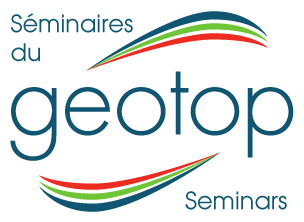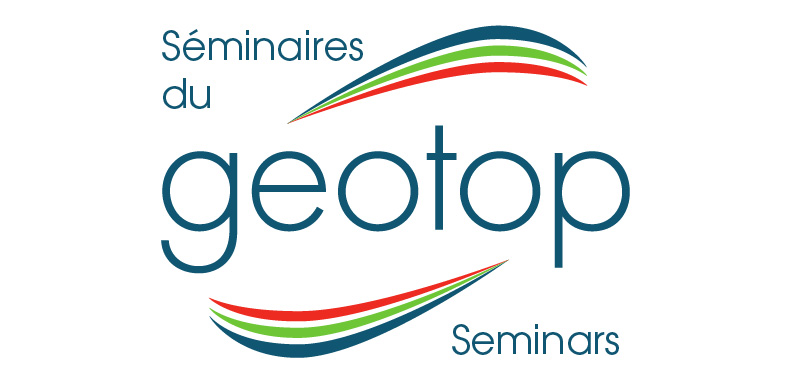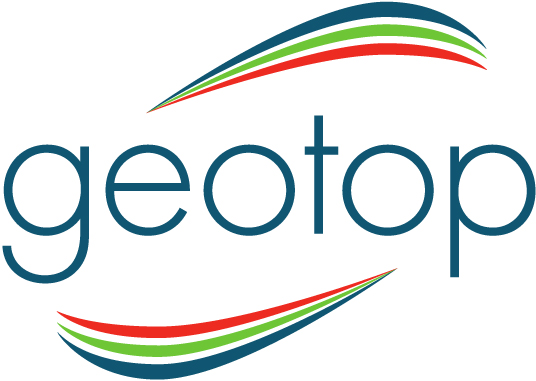
Dre Maria Prieto-Espinoza, Polytechnique Montréal
Local PK-7605, 7e étage, 201 ave. du Président-Kennedy
Groundwater resources are threatened by the widespread occurrence of legacy and emerging organic contaminants. Groundwater bacteria are known to effectively degrade legacy contaminants such as chlorinated solvents. However, the biotransformation of structurally complex compounds, such as pesticides and organofluorine compounds, remains only partly understood. It is therefore essential to understand how contaminant degradation rates and pathways are affected in subsurface environments so that appropriate remediation strategies can be implemented. Generally, conventional approaches in which contaminant concentrations are measured cannot reveal the actual extent of contaminant degradation, as non-degradative processes (e.g. sorption, volatilization) affect the overall contaminant mass dissipation. In this context, compound-specific isotope analysis (CSIA) can effectively demonstrate the extent of in-situ contaminant degradation by monitoring associated changes in stable isotope ratios (e.g., 13C/12C) during a degradation reaction. The use of integrative approaches such as multi-element CSIA, biomolecular tools and reactive transport modeling have been successful in identifying sources and biotransformation of legacy groundwater contaminants. This approach may offer opportunities for the assessment of emerging contaminants which constitute a major threat to groundwater quality.
Maria Prieto-Espinoza, Département des génies civil, géologique et des mines, Polytechnique Montréal, 2900 Boulevard Edouard-Montpetit, Montréal, Québec, H3T 1J4, Canada

Sources and biotransformation of legacy and emerging contaminants in groundwater: insights from integrative approaches

